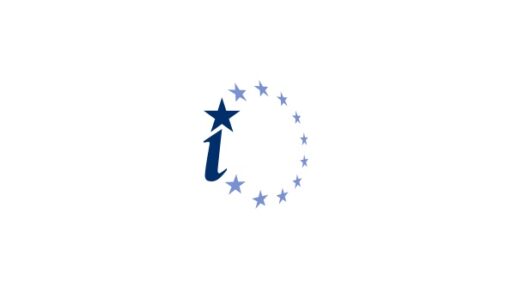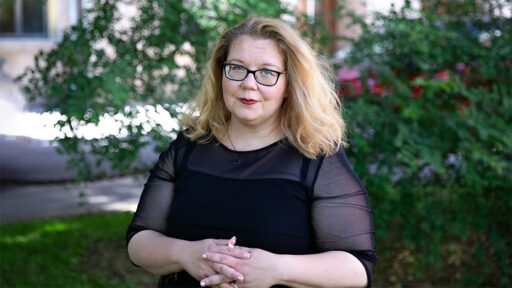EU Foreign Ministers examine the Statute for Members of the European Parliament
The EU General Affairs and External Relations Council (GAERC) meets on 26 and 27 January in Brussels. Minister for Foreign Affairs, Erkki Tuomioja, will represent Finland at the meeting. The Council will focus on the statute for Members of the European Parliament and hold an annual discussion on ways to improve the efficiency of the Union’s external relations.
The Council is expected to adopt its position as regards the statute for Members of the European Parliament on the basis of the compromise proposal put forward by the European Parliament. The aim is to finalise the statute as soon as possible for it to be applicable before the new Parliament begins its work in July 2004.
In its resolution, adopted on 17 December, the Parliament has made concessions as regards the most important issues found problematic by the Council. Provisions on the privileges and immunities of Members of the European Parliament were removed from the statute. The Parliament also accepted the Member States’ right to tax fees. The Parliament had earlier accepted the new provisions on the reimbursement of expenses which are more clearly based on the reimbursement of real expenses than before. As a whole, the proposed solution would improve the present practice in terms of clarity, transparency and cohesion. Finland is in favour of accepting the proposal.
The meeting will hold a public debate on the Council’s programme for 2004. Particular emphasis will be given to the prevention of conflicts and to the implementation of the EU’s Security Strategy. Finland’s objective is to turn conflict prevention into an integral part of the Union’s external relations. Finland underlines the need to implement the Security Strategy in an efficient manner. The strategy should also be applied in improving the coherence and consistence of the Union’s external action.
Moreover, the Council will hold an annual debate on ways to improve the Union’s external relations and external aid. At the same time, consideration will also be given to the implementation of the Commission’s administrative reform by monitoring, i.e., the work of the EuropeAid Cooperation Office in connection with the implementation of aid programmes. The criteria for distributing aid will also be touched on. The Council will also examine the measures undertaken by the Member States and the Union in order to achieve the objectives laid down in the UN Millennium Declaration. The scheme to transfer the European Development Fund under the Union’s budget constitutes a substantial part of the planned improvement. Finland supports this scheme.
In connection with country-specific issues, the Council will discuss the situation in Georgia after the presidential elections. The Council will consider the possibilities to increase aid to Georgia. The EU will aim to increase its political visibility in the whole South Caucasian region for it to parallel the Unions’ current high level of technical and economic aid. Heikki Talvitie, appointed as the EU Special Representative for the South Caucasus in July 2003, will play an important role in improving the EU’s visibility.
In the context of external relations, the Council will discuss the situation in Western Balkans, Middle East, Afghanistan and Iran. Iran’s Guardian Council has disqualified thousands of candidates prior to the Iranian parliamentary elections. Issues relating to Iran’s nuclear programme will also be discussed. In addition, the conclusions of the European Council require that the Council re-examine the question of the embargo on the sale of arms to China which was imposed in reaction to the events that took place in Tiananmen Square in 1989.
Further information: Lotta Lindegren, Senior Officer, Government Secretariat for EU Affairs, tel. +358 9 1602 2150 and Anne Huhtamäki, Counsellor, Ministry for Foreign Affairs, Division for European Affairs, tel. +358 9 1605 6097 or +358 40 546 0456
Government Information Unit
Ministry for Foreign Affairs
Press release 18/2004


